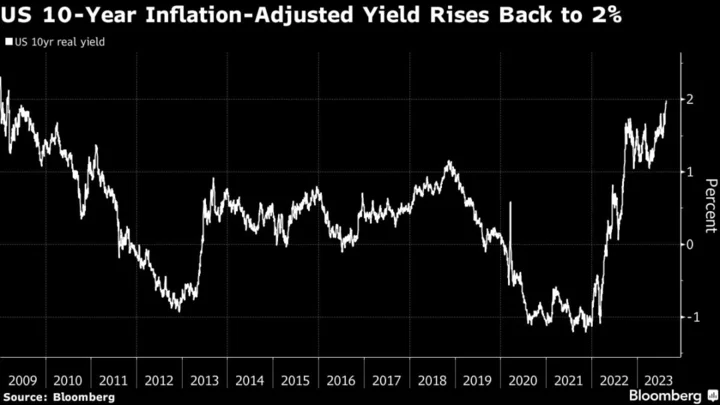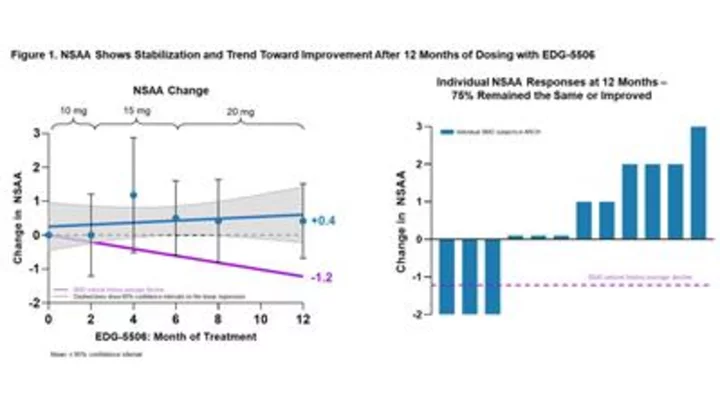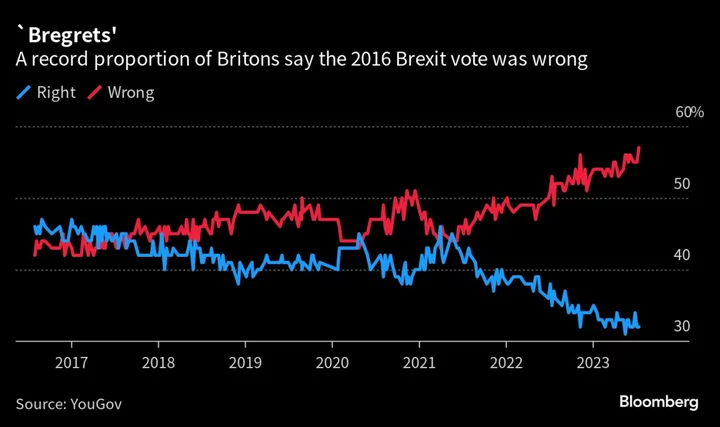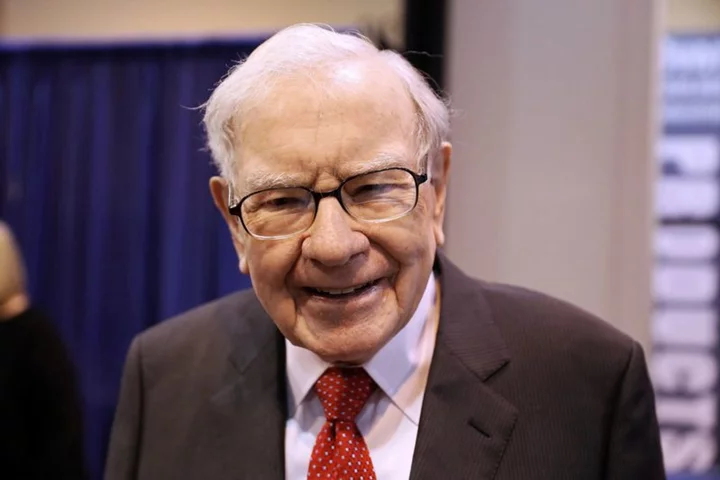The yield on 10-year inflation-protected Treasuries exceeded 2% for the first time since 2009, extending its ascent from year-to-date lows near 1%.
The benchmark rose as much as 6 basis points to 2%, before easing a little under that threshold, extending its rise from around 1.5% since mid-July. The 30-year real yield rise 6.6 basis points to 2.14%, a fresh peak since 2011.
Longer-dated Treasury inflation-protected securities yields have risen to levels not seen in more than a decade as investors demand higher risk-free rates of return amid a resilient US economy. The selloff comes amid worries around larger US fiscal deficits that will increase the supply of Treasury debt.
”The move higher across the curve over the last few weeks has really been all on the real yield side,” Zachary Griffiths, senior fixed-income strategist at CreditSights, said in a phone interview. He said the shift is associated “with a higher Fed policy rate or better growth expectations, with little shift in breakeven inflation expectations.”
Together these factors have fanned expectations that US market yields are entering a period of being higher for an extended period and closing the door on the post-financial crisis era of ultra-low rates.
“The continued better-than-expected economic data has made it like we are almost contemplating a new reality that we haven’t had for quite some time where rates could potentially be quite higher for quite longer,” Griffiths said. “That’s the big thing driving real yields.”
So-called real yields, representing the risk-free rate of return investors are seeking based on their expectations for riskier assets, collapsed to negative levels around -1% in 2020 and 2021 after the Federal Reserve slashed interest rates. That saw demand for inflation protection skyrocket.
As Tips are bonds their price slumps when yields rise sharply and that loss can wipe out the extra payouts tied to the soaring inflation rate. After 2022 generated the worst annual losses since US inflation bonds were created in the 1990s, the Bloomberg US Treasury Inflation-Linked Bond Index has pared 2023’s gains to just 0.2% from as much as 4.3% in early April.
--With assistance from Elizabeth Stanton.









